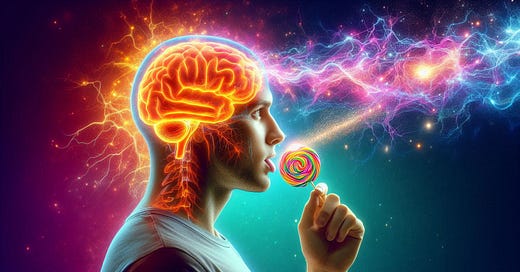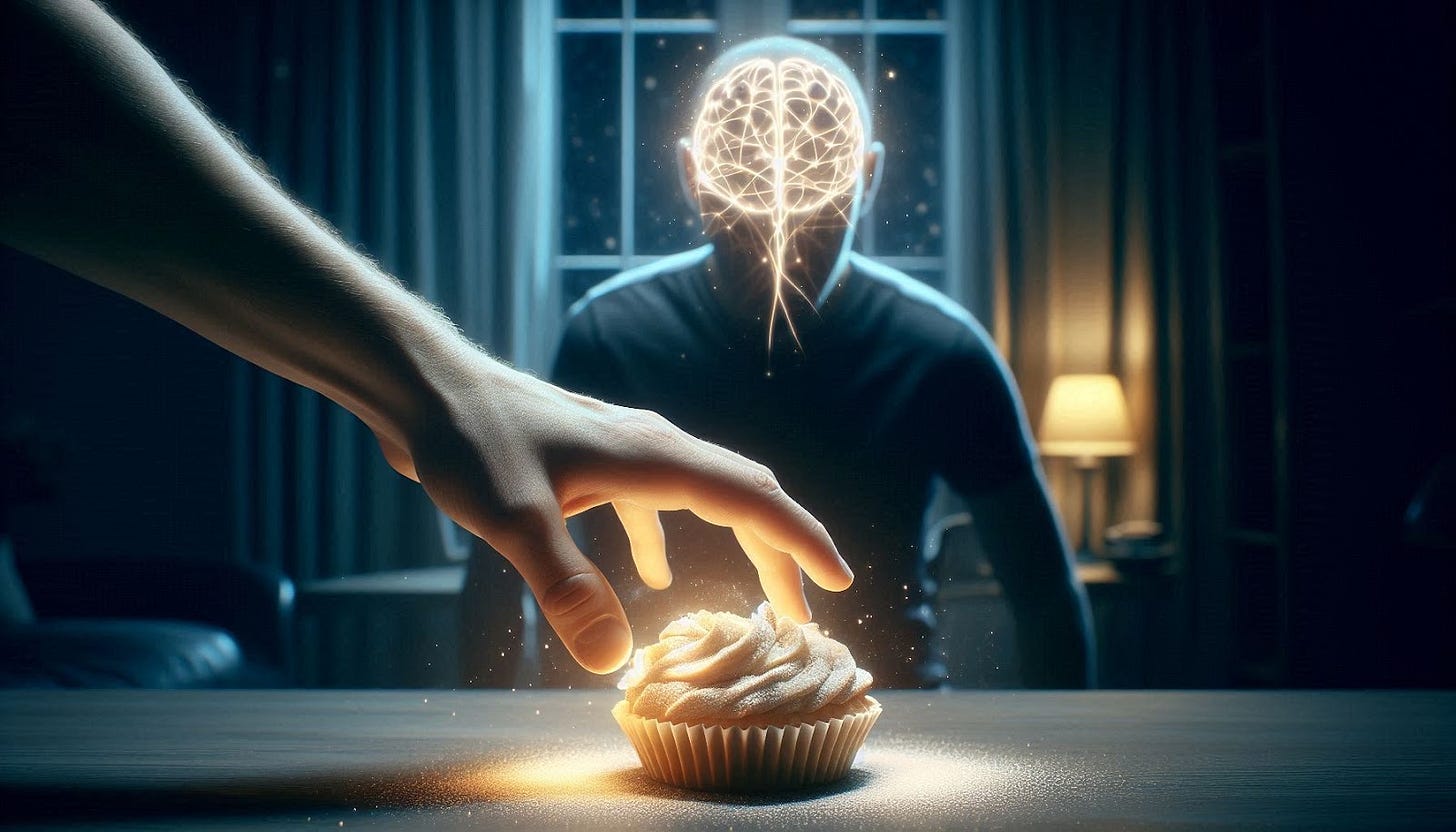Sugar’s Dark Secret: How It Controls Your Brain
Sugar is a substance that is often overlooked when discussing health risks, but it has significant consequences for our bodies. It contributes to a range of serious health issues, including cardiovascular disease, cancer, and dementia.
The problem isn't just with the sugar naturally found in foods but specifically with the added sugar that we consume. The addiction to sugar is a real issue, yet there are no de-addiction programs available. It's a problem that no one talks about, and it's one we need to address.
The Ubiquity of Sugar
If sugar were introduced to society today, with a clear explanation of how it affects the brain and liver, no government or food agency would approve of its unrestricted use. But that’s not the world we live in.
Sugar is everywhere, and it's become nearly impossible to avoid. You can’t walk down a supermarket aisle without encountering sugary foods. This wasn’t always the case, however.
Historically, sugar was much harder to come by, and our brains evolved with the understanding that sweet, high-energy foods were valuable.
The Evolutionary Connection to Sweetness
Millions of years ago, when our ancestors roamed the Earth, the brain's primary function was to find energy efficiently in order to survive. Most high-calorie foods, such as animals, were difficult to obtain due to their speed and strength. However, sweet foods like fruits and honey were a rich and easily accessible source of energy.
The brain developed a connection: anything sweet was valuable, and when our ancestors found it, they would experience a dopamine release, a feel-good chemical. This reward system motivated them to seek out sweet foods, which were rare but crucial for survival.
Sugar's Rise in Popularity
Around 2,500 years ago in Ancient India, people discovered that boiling sugar cane created a concentrated mass of sugar. This crude sugar became highly sought after, spreading across Asia and Persia.
By the 13th century, sugar reached Mediterranean countries, and it was considered both a luxury and a medicinal substance. However, sugar was still a rare commodity and was not consumed in the same quantities as we see today.
It wasn’t until the 19th century that sugar became more widely available. The Industrial Revolution introduced new technologies that made sugar cheaper and faster to produce.
Medical professionals began prescribing sugar as a quick energy source, and military rations during World War II included sugar-filled items like chocolate bars and sodas. This widespread use embedded sugar into our culture and contributed to its transformation from a rare treat to an everyday staple.
Sugar's Impact on the Brain
When we consume sugar, our brain’s dopamine system, which is responsible for motivation and reward, is activated. This leads to a dopamine spike, resulting in feelings of pleasure.
This spike reinforces the behavior of seeking out more sugar, which makes us crave it even more. In fact, research from the Max Planck Institute shows that dopamine spikes occur even before sugar is digested, meaning our brain is already anticipating the reward.
Studies also indicate that individuals with strong sugar cravings experience a faster and higher dopamine spike after eating something sweet.
The Long-Term Effects of Sugar
The effects of sugar consumption are not just short-term. Chronic sugar use alters the brain’s wiring. Over time, the brain builds a tolerance, meaning it requires more sugar to achieve the same level of dopamine rush.
This makes higher-sugar foods more appealing, while foods with less sugar seem less satisfying. Just like with other addictive substances, there are withdrawal symptoms. If someone tries to stop eating sugar for a while, they might experience irritability and restlessness.
The Bottom Line
Each time we consume refined sugar, our brain is tricked into thinking that the food is far more valuable than it actually is. This constant cycle of seeking more sugar, driven by dopamine, reinforces our addiction. It's crucial to understand how sugar affects the brain and the long-term impact it can have on our health.
If you found this information helpful, be sure to like this blog and stay tuned for more insights.
Cheers,
Sid
PS: If you are looking to learn more about Neuroscience: https://sidwarrier.com/courses











